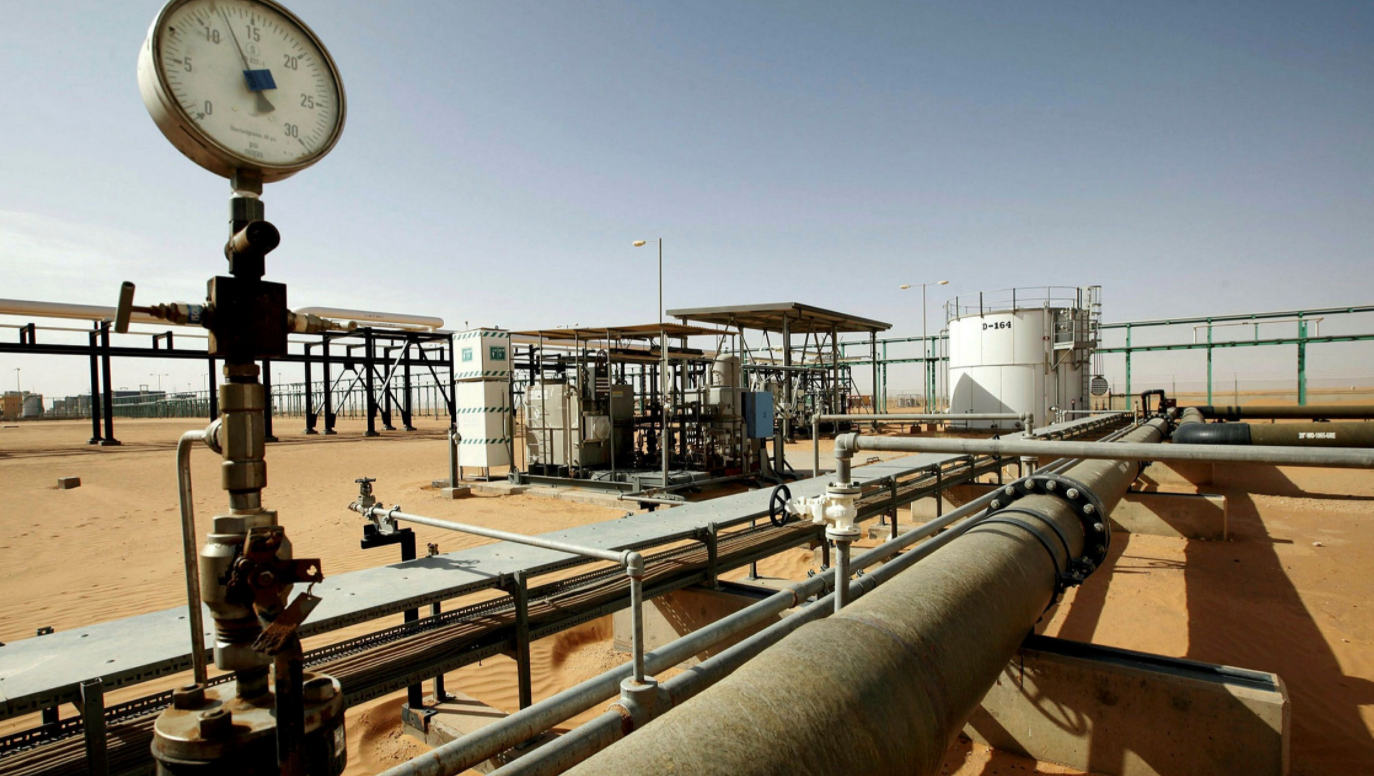- Your cart is empty
- Continue Shopping

NAPE’s 40th Annual International Conference To Examine Nigeria’s Energy Transition and Oil Industry Opportunities
The 40th Annual International Conference and Exhibition (AICE), possibly the largest gathering of earth scientists and other oil and gas industry players in Sub-Saharan Africa, has been scheduled for Lagos, according to the Nigerian Association of Petroleum Explorationists, or NAPE.
Evolving Regulations, Emerging Concepts & Opportunities: Global Energy Transition & the Future of the Oil and Gas Industry is the conference’s topic.
According to a joint statement signed by Dr. James Edet, Elliot Ibie, Tunbosun Afolayan, President-Elect, and Publicity Secretary, this year’s AICE is scheduled to take place in the Eko Hotel & Suites, Victoria Island, Lagos, from November 13–17, 2022.
High level professionals from business, government, and academia will talk at the conference and present technical papers on seven sub-themes.
The Nigerian energy sector needs to be strategically reevaluated in light of the growing need to transition to more sustainable energy sources, energy poverty, and international geopolitics.
The nation’s energy transition strategy, which seeks to reach net zero greenhouse gas emissions by 2060, will be a hot topic of discussion during the meeting among experts.
The transition of the country to its sustainable energy future must take into account a number of elements, according to Edet, who yesterday briefed the media on the impending event in Lagos.
Nigeria is currently experiencing desertification in the north, flooding in the south, and some areas of the north as a result of climate change.
Due to this transformation, it is imperative to drastically reduce carbon emissions while providing readily available and reasonably priced electricity.
The oil and gas industry, according to him, has a part to play in ensuring that these rules and ambitious objectives are successfully implemented now that the Petroleum Industry Act (PIA) is in place and the Climate Change Act has been passed into law.
Significant users of the hydrocarbon industry are transitioning dramatically to low- or zero-carbon energy sources, notably electric automobiles.
The protracted conflict, international politics, domestic security issues, and asset divestment, he noted, have all exacerbated the effects of the energy supply constraint and changed the energy environment.
“Furthermore, there are other contenting and increasingly relevant issues such as: energy security; the dynamics of gas development, commercialization and monetization; development of Nigeria’s under explored gas rich cretaceous basins; and how Nigeria will adapt her policies and diversify her energy portfolio in the energy transition era so as to achieve sustainable growth for her economy,” the president said.
Source: Oriental News Nigeria
